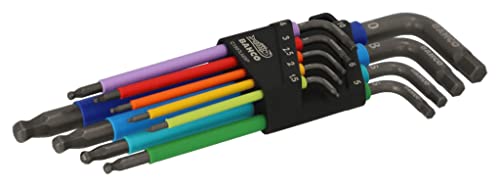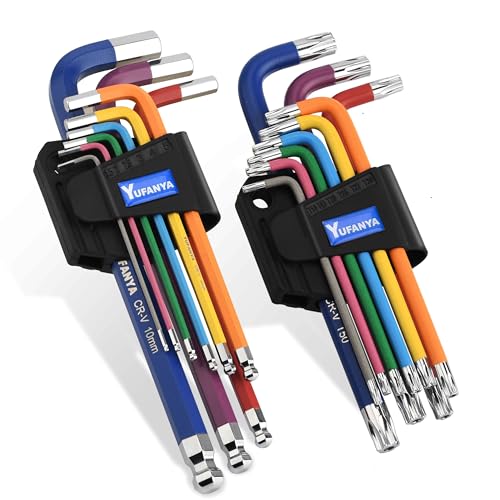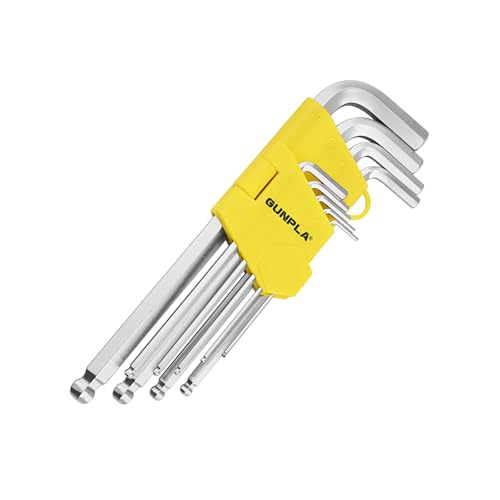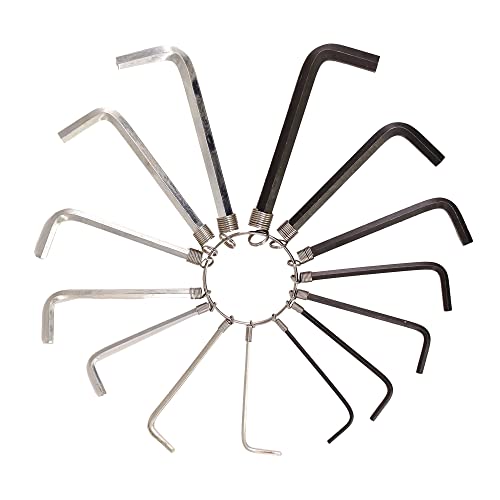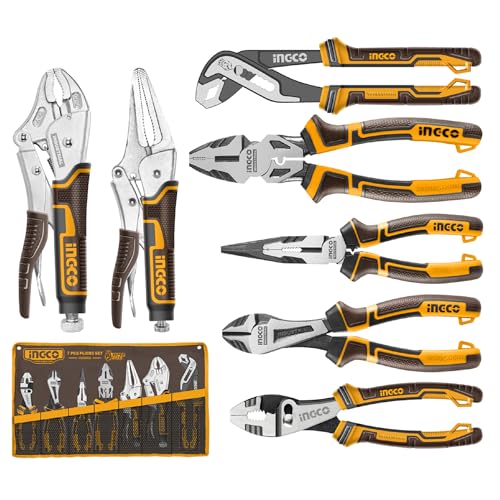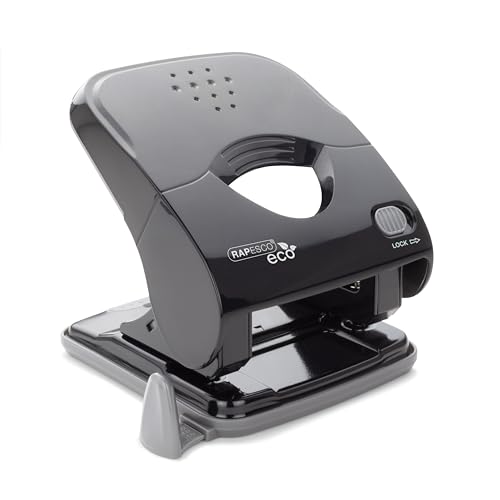Understanding Allen Keys: The Basics We Should Know
What is an Allen Key?
An Allen key, often referred to as a hex key, is a small L-shaped tool used to drive screws with hexagonal sockets. It’s a must-have for anyone who regularly assembles or repairs furniture, bicycles, or any equipment that requires bolt fittings. The unique design allows a secure grip on the screw head, making it easier to apply torque.
Why Are Allen Keys Important?
Allen keys are essential in various settings, from DIY home projects to professional assembly lines. They provide a way to tighten screws that are often hard to reach with other tools. Their compact size also makes them highly portable, making it easy to keep one on hand for quick fixes.
Types of Allen Keys: Choosing the Right Fit for Your Needs
Different Sizes and Specified Use Cases
Allen keys come in various sizes, typically measured in millimetres or inches. It’s vital to choose the correct size to fit the screw; otherwise, you risk stripping the screw head. We recommend having a full set available, as it allows flexibility for different projects. Look for sets that include both metric and imperial sizes if you anticipate working on various assemblies.
T Handle vs. L Shape Allen Keys
You’ll find two primary shapes: T handle and L shape. T handle keys provide more leverage, making them ideal for larger screws that require more force, while L shape keys are perfect for tighter spaces. Consider what type of projects you’ll be undertaking to determine which shape will serve you best.
How to Use an Allen Key Effectively: Step-by-Step Guide
Getting Started with Your Allen Key
To effectively use an Allen key, first ensure you have the right size for the screw. Insert the short end of the Allen key into the hex socket of the screw. This gives you maximum leverage and control. If you’re facing a particularly tight screw, consider using the long end for extra torque.
Proper Technique for Maximum Efficiency
When turning the screw, maintain stability by keeping the Allen key straight. Turn clockwise to tighten and counter-clockwise to loosen. If you encounter resistance, check that you’re using the correct size; forcing it can damage both the screw and the tool.
Care and Maintenance Tips for Longevity: Keeping Your Allen Key in Top Shape
Cleaning and Storage Tips
To keep your Allen key in good condition, clean it regularly with a cloth to remove any dirt or grease. Store it in a suitable holder or organizer to prevent losing it and getting it damaged. A well-maintained Allen key can provide years of reliable service.
Checking for Wear and Tear
Regularly inspect your Allen keys for signs of wear, such as rounded edges or rust. If you notice wear, consider replacing the key rather than risking damage to your screws. Investing in a good set initially can save you money in the long run by reducing replacements.
Where to Buy Allen Keys: Our Recommended Stores and Brands
Choosing the Right Retailers
We recommend visiting local hardware stores or home improvement centres for a hands-on selection. This allows you to inspect the quality directly. Online marketplaces also provide a wide range of options, often with customer reviews that can guide your purchase choice.
Brands to Consider
When it comes to brands, look for those known for durability and customer satisfaction. Expect to pay a little more for brand names that guarantee their products, as this often correlates with better quality and longevity. Brands like Bahco, Wera, and Proxxon are well-regarded in the tools space.




